
The conservative education policy advocated by the Hungarian government has faced substantial criticism from the left recently. Responding to the accusations from the left, János Setényi, Director of the Learning Institute of the Mathias Corvinus Collegium (MCC) gave a brief interview to Hungarian Conservative.
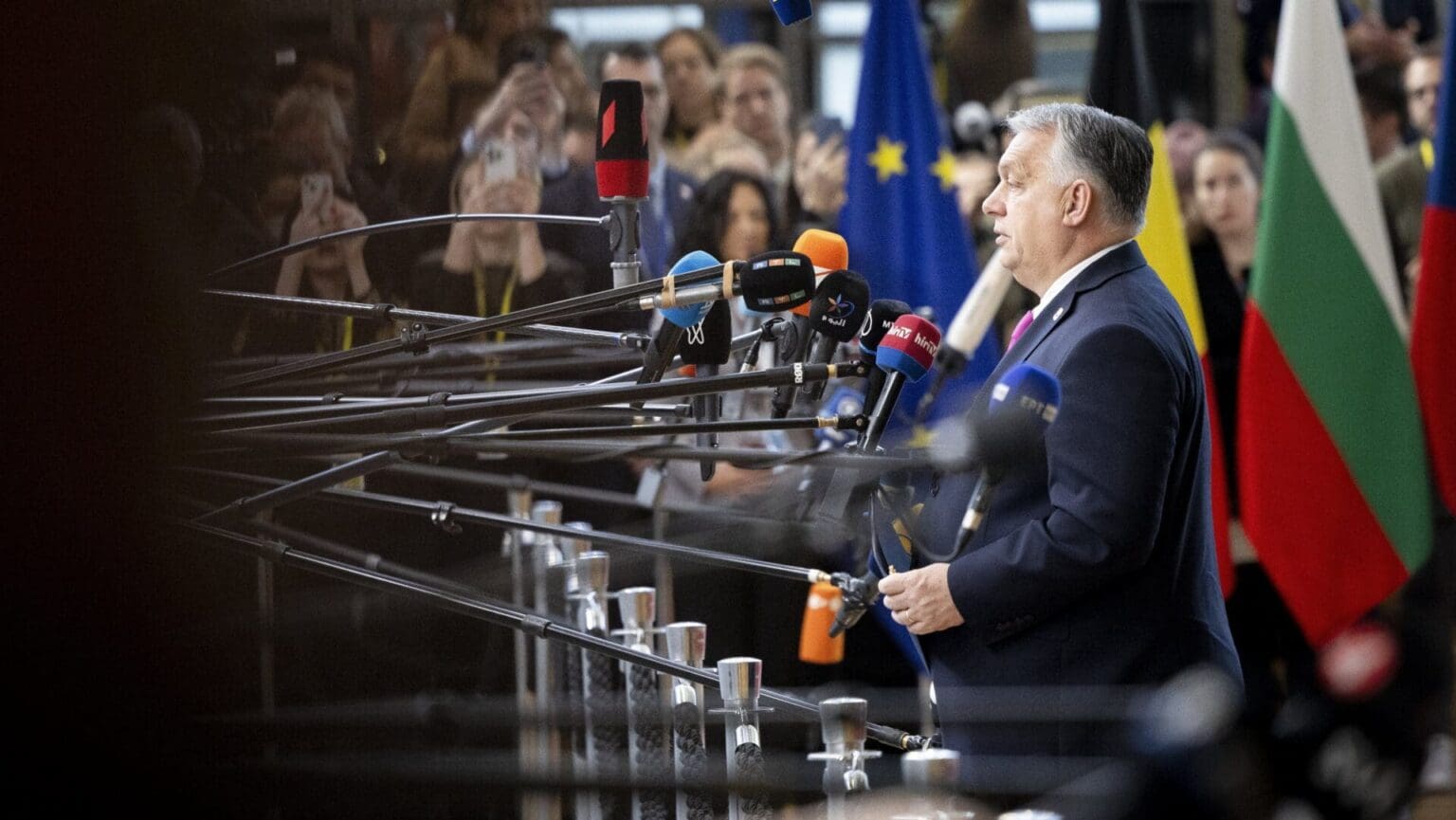
‘In the Hungarian leader, the EU faces a new type of Eurosceptic, one who doesn’t want to leave the bloc but instead shape it, putting his stamp on policies from support to Ukraine to the fight against climate change to migration,’ POLITICO wrote in their recently published analysis about PM Orbán’s foreign policy approach to the Brussels leadership.

‘Karácsony’s meagre talents were known to anyone who paid any attention to politics in the past decades, so all of his failures should not have come as a surprise. But why did people vote for him in the first place? What’s his secret? Well, probably his deceiving manner and childish good looks. Although he is obviously a fraud, he is always smiling, always saying nice things. His rhetoric and appearance clearly appeal to the modern liberal voter in the big city: he likes to make emotional speeches about democracy, the Republic, and human rights.’

Hungarian pharmaceutical corporation Richter Gedeon Nyrt is strengthening its scientific foundation to achieve further international success in its most profitable and fastest-growing focus area, neuropsychiatry.

‘Christian doctrine as taught by the Church of Rome had historically provided society with a point of reference for moral guidance, which subsequently “ensure[d] that politics remain[ed] rational and d[id] not fall into the trap of ideologies”. Yet since the Second Vatican Council (1962–1965), the institutional Church, or some who speak for Her, have steadily dismantled the remnants of Christendom with ambiguous, if not erroneous teachings.’

Amid a record high voter turnout, former House Speaker Peter Pellegrini, the sovereigntist candidate, won the Slovak presidential election with more than 1.4 million votes, including those of most ethnic Hungarian voters.

From 19 May to 11 September, theatrical performances, concerts, dance shows, opera galas, classical ballets, and operas will await audiences at the Margaret Island Open-Air Stage, as stated by Managing Director and Artistic Director of the theatre Teodóra Bán.
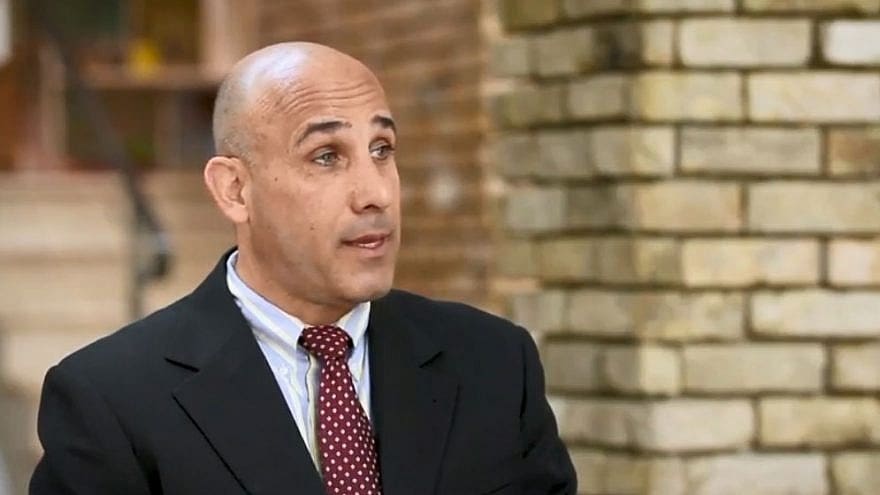
According to General Avivi, Hamas’s brutal attack on 7 October in Israel was possible because of two terrible decisions: the Oslo Accords and the 2005 disengagement of Israeli troops from Gaza. The Oslo Accords implemented in 1994 resulted in the withdrawal of Israeli troops from the major cities of Gaza and the transfer of weapons and control to the Palestinian Authority. This decision resulted in Gaza, previously not considered a significant military issue, becoming a top security problem for Israel.
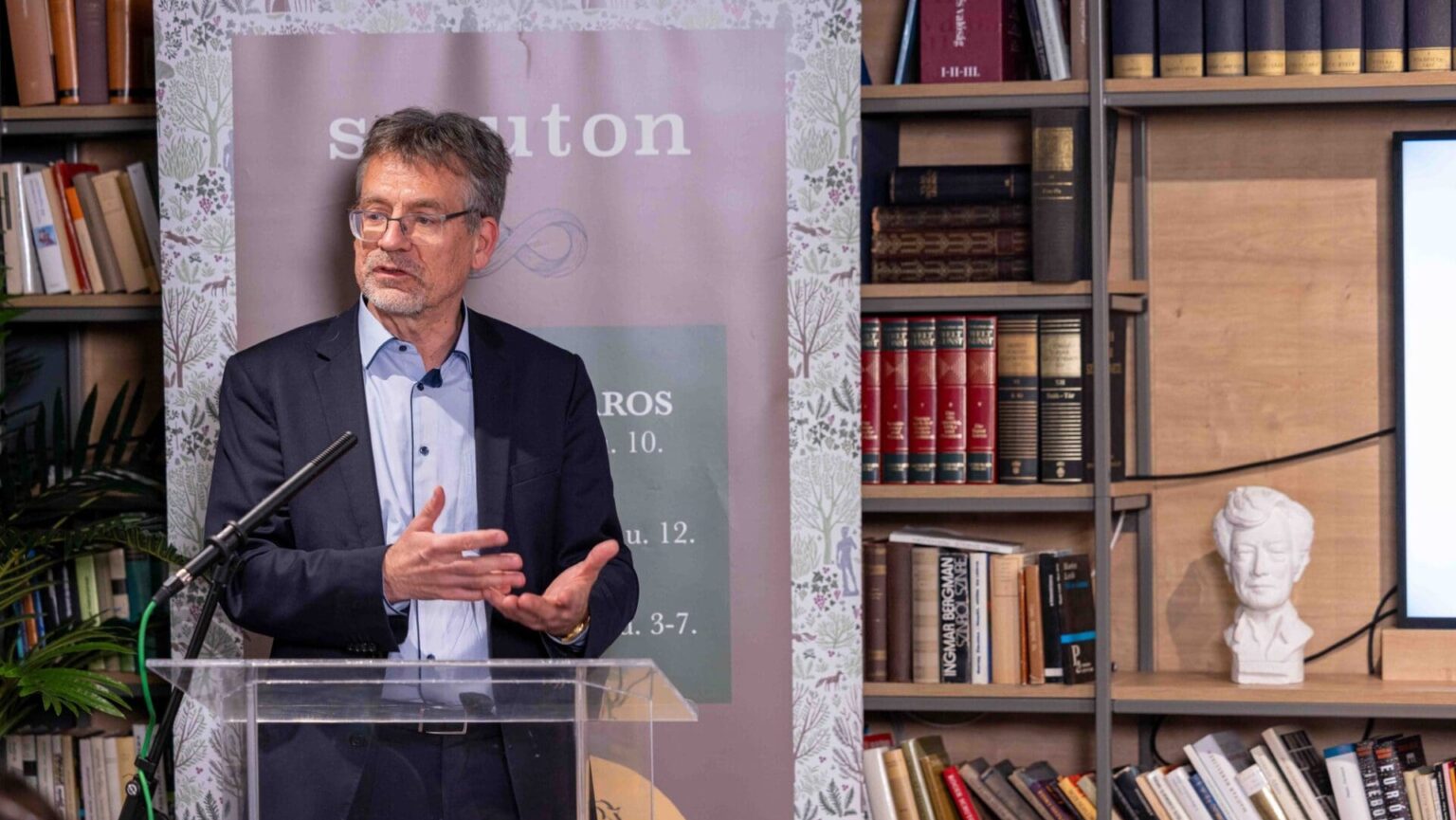
Roger Scruton had a special interest in and affection for Central Europe, cultivating a symbiotic relationship with the region. His work influenced the political, cultural, and social dynamics of many CEE countries just as profoundly as they shaped his own work and worldview. In tribute to the British conservative philosopher, a conference was held in Budapest, with a specific focus on Scruton’s ties to Central Europe.
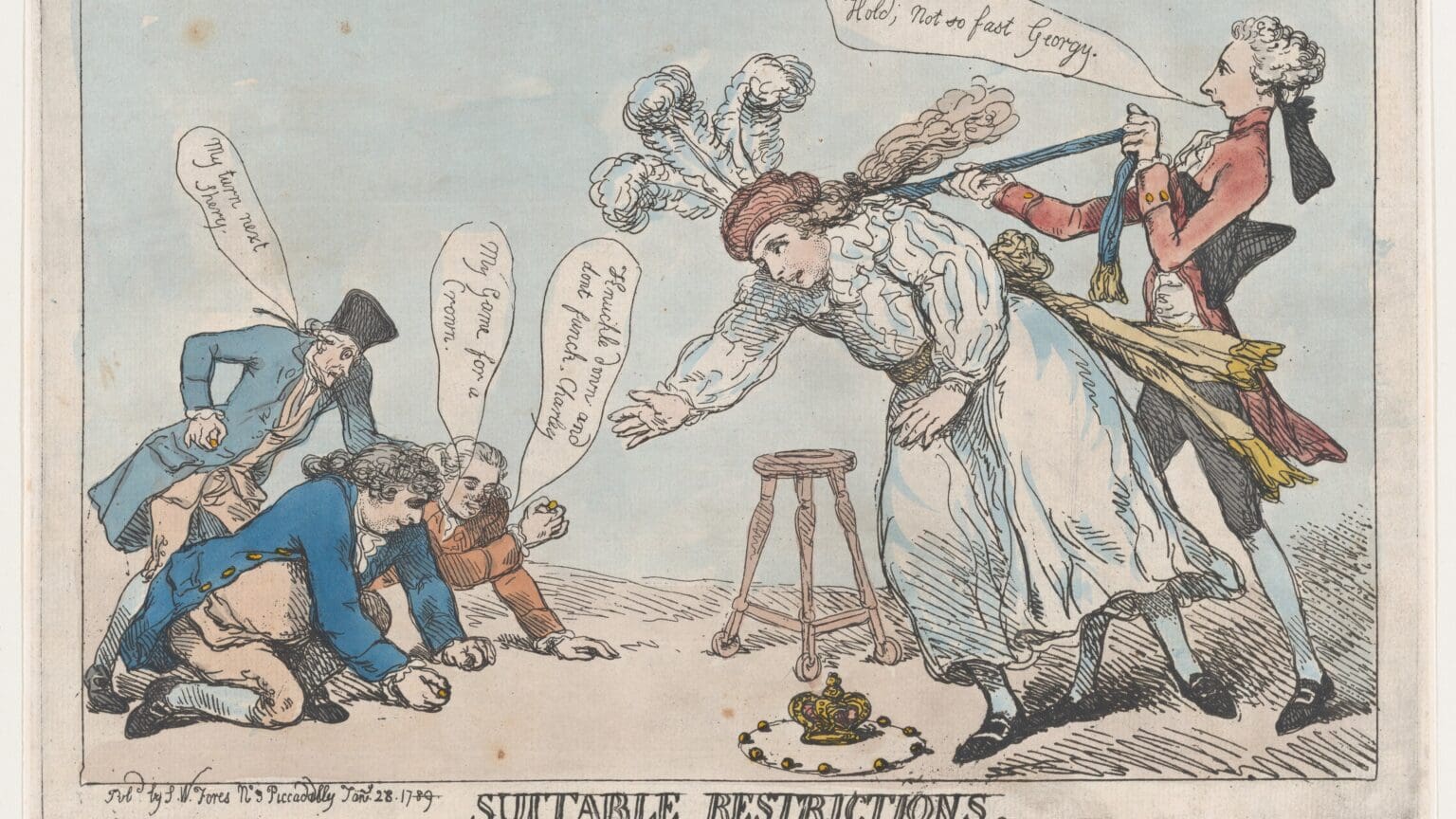
‘In today’s democracy, authority is in crisis because real authority cannot follow from mere quantity. Quantity is always relative, and the thing what is ‘never identical to itself’ cannot awaken the intuition of true respect, true authority, and true supremacy. A real authority is someone to which, as Edmund Burke writes, one can “freely and proudly submit” himself. Real authority would also require the recognition of the legitimacy of a transcendental sphere, beyond the world of relativity.’
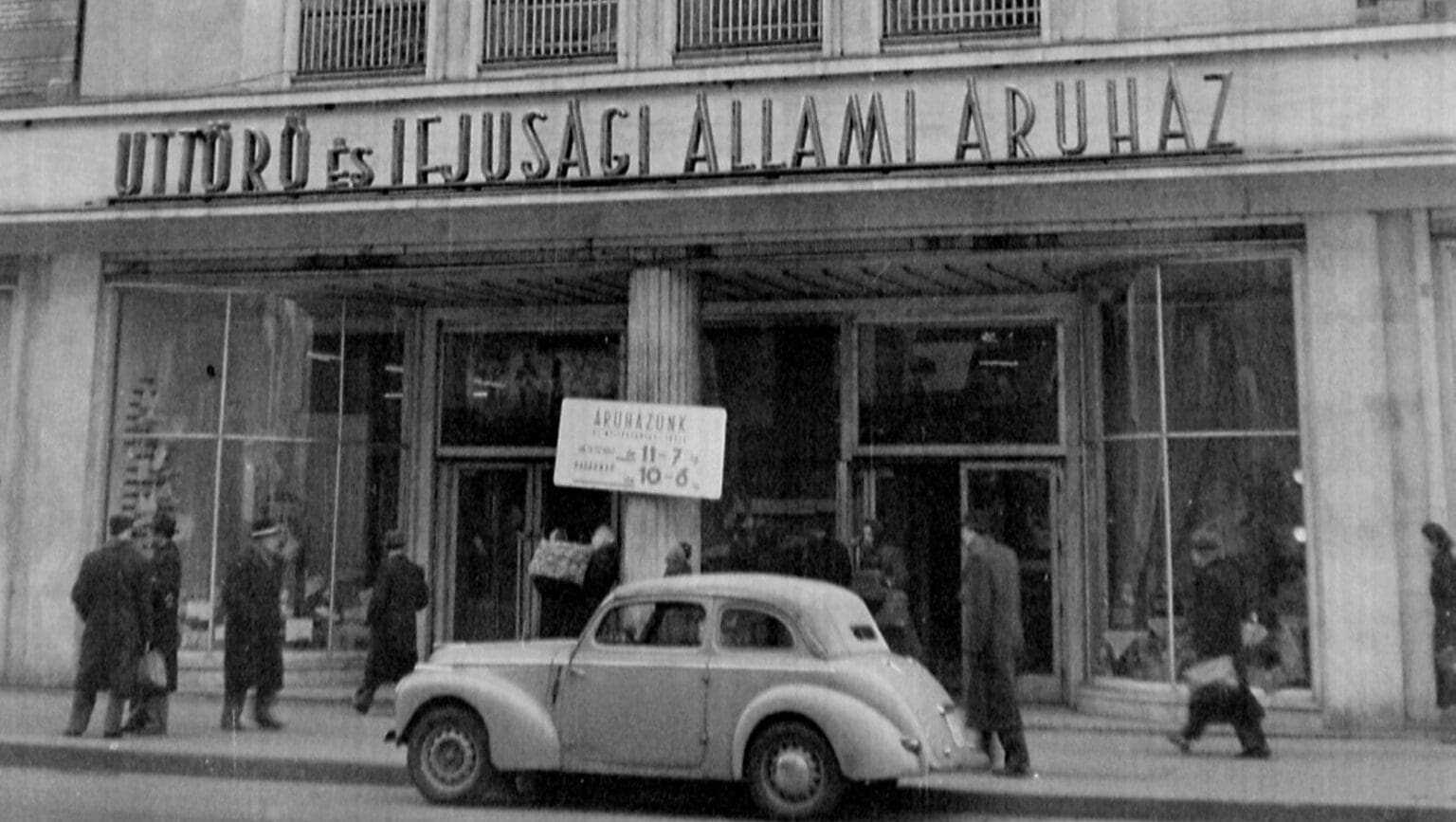
On the left side of today’s Rákóczi Road, on the way to Astoria, stood the Úttörő és Ifjúsági (Pioneer and Youth) State Store, which opened in the autumn of 1950 and was one of the most important shopping outlets for the youth of the time. Among its main goods were children’s clothing, sports and play equipment, children’s furniture, and, of course, as its name suggests, pioneer paraphernalia as well.

‘There is a ridiculous claim that keeps resurfacing in the Ukrainian, Slovakian and Romanian press: that Hungary has territorial claims against Ukraine. While neither the intention, nor the slightest chance or means are there to support the ridiculous Russian PSYOPS stunt, Ukraine, Slovakia, and Romania continue to think it is real. Is it because of their bad conscience over the oppressed hundreds of thousands of Hungarians in these countries?’
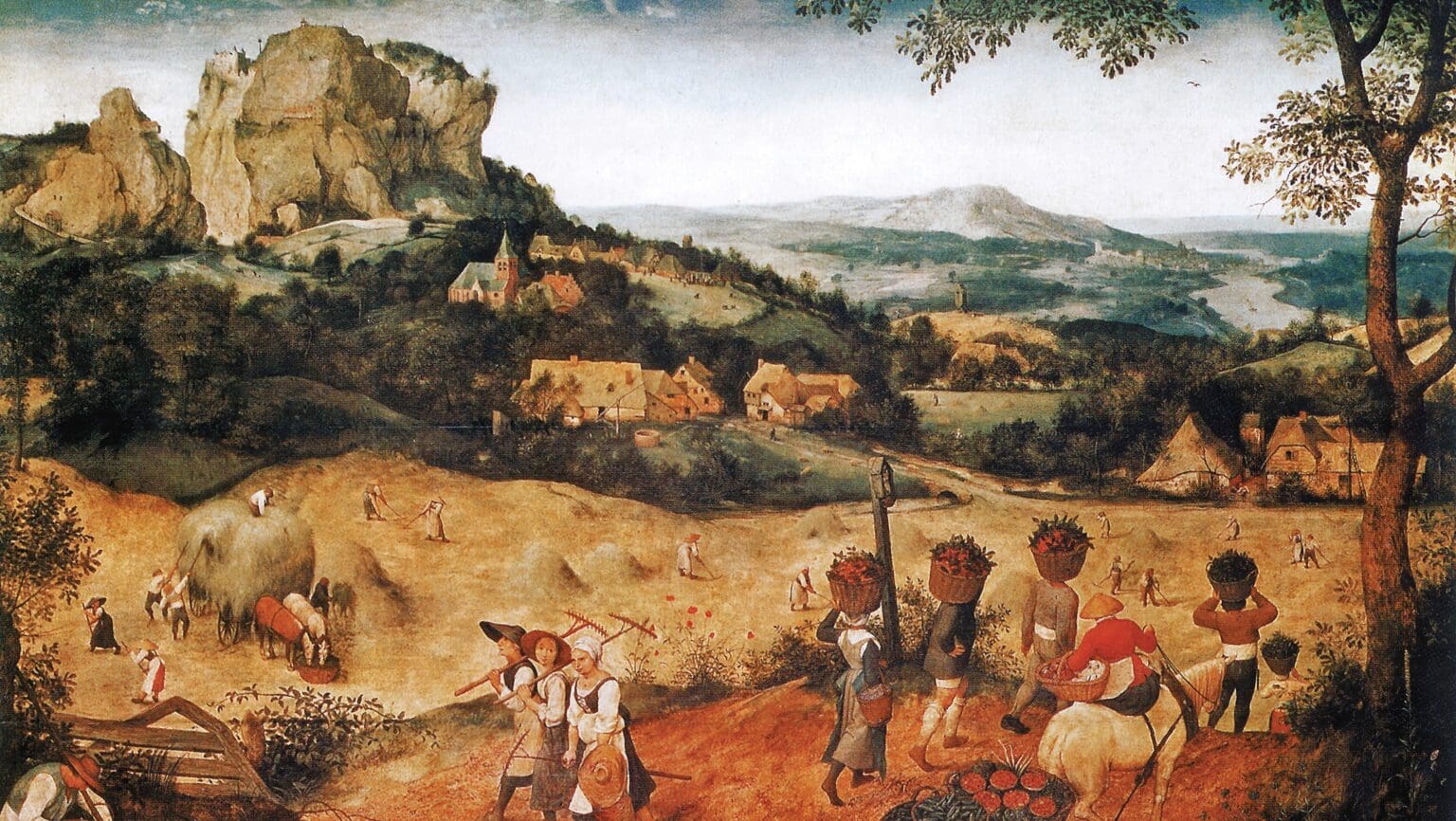
Weeks of farmers’ protests across Europe seem to have broken Brussels, with the European Commission making significant concessions to disgruntled farmers. However, quick symptomatic treatments will not resolve the deep-rooted problems of European agriculture.
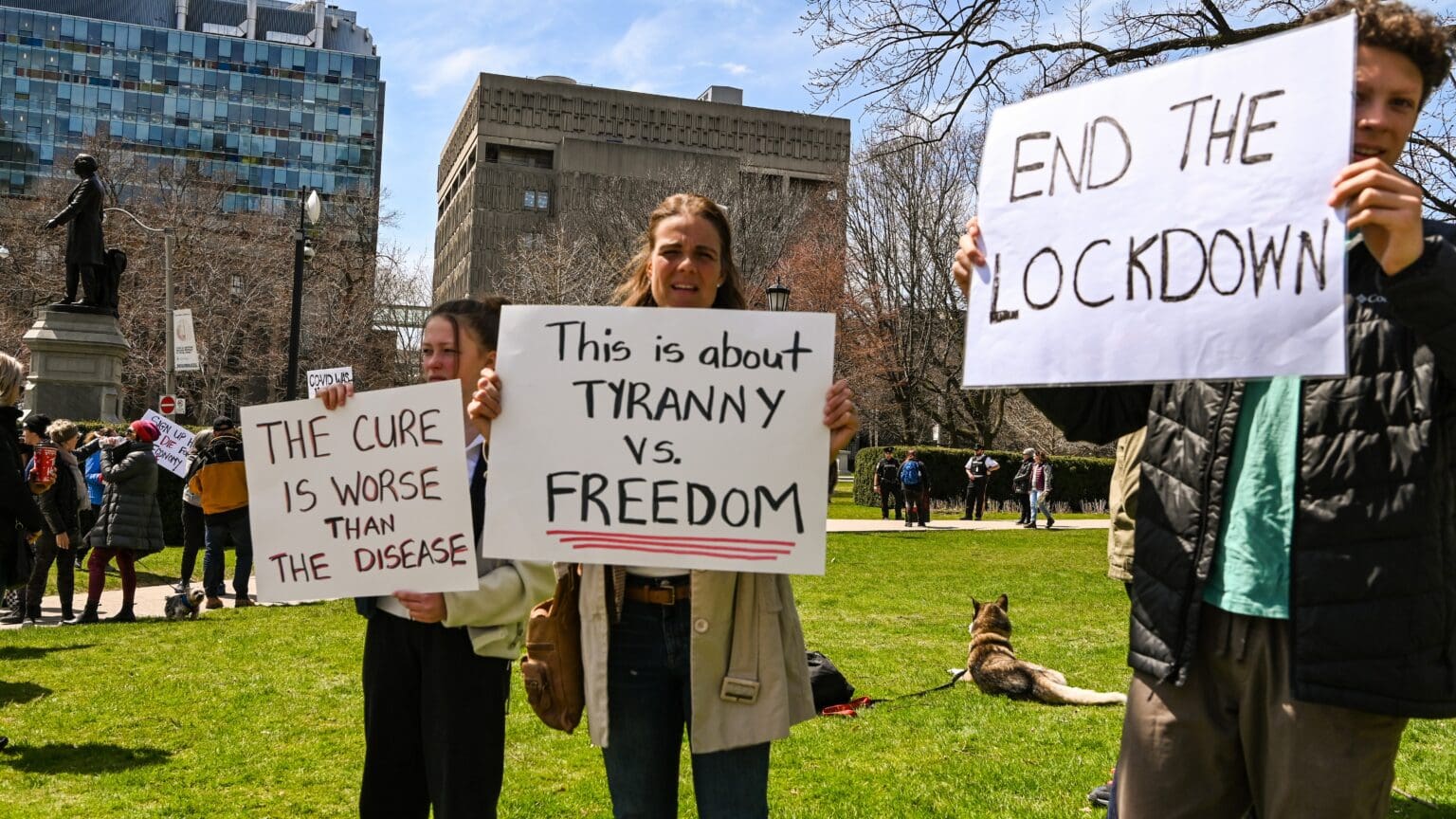
‘Schmitt’s thought becomes particularly relevant in understanding how governments define the parameters of inclusion and exclusion in their responses to the pandemic. Schmitt’s theories provide a realistic framework for analysing such complex political issues, and understanding such a critical perspective might encourage visible improvements in liberal legal and political systems.’

A sustained and substantial improvement in earnings started in 2013 in Hungary. In that year the country managed to repay its previous IMF loan, giving the government more freedom to reform and restructure the tax system, including reducing taxes on labour. The six-year minimum wage agreement launched in 2017 doubled the minimum wage for jobs requiring qualifications by 2022 and increased the overall minimum wage by 80 per cent.

Concerned parents wrote an open letter to the local government, demanding that the head of the kindergarten be suspended until the conclusion of the police investigation, in fear that the opposition-led leadership might try to squash the scandal ahead of the municipal elections in June.
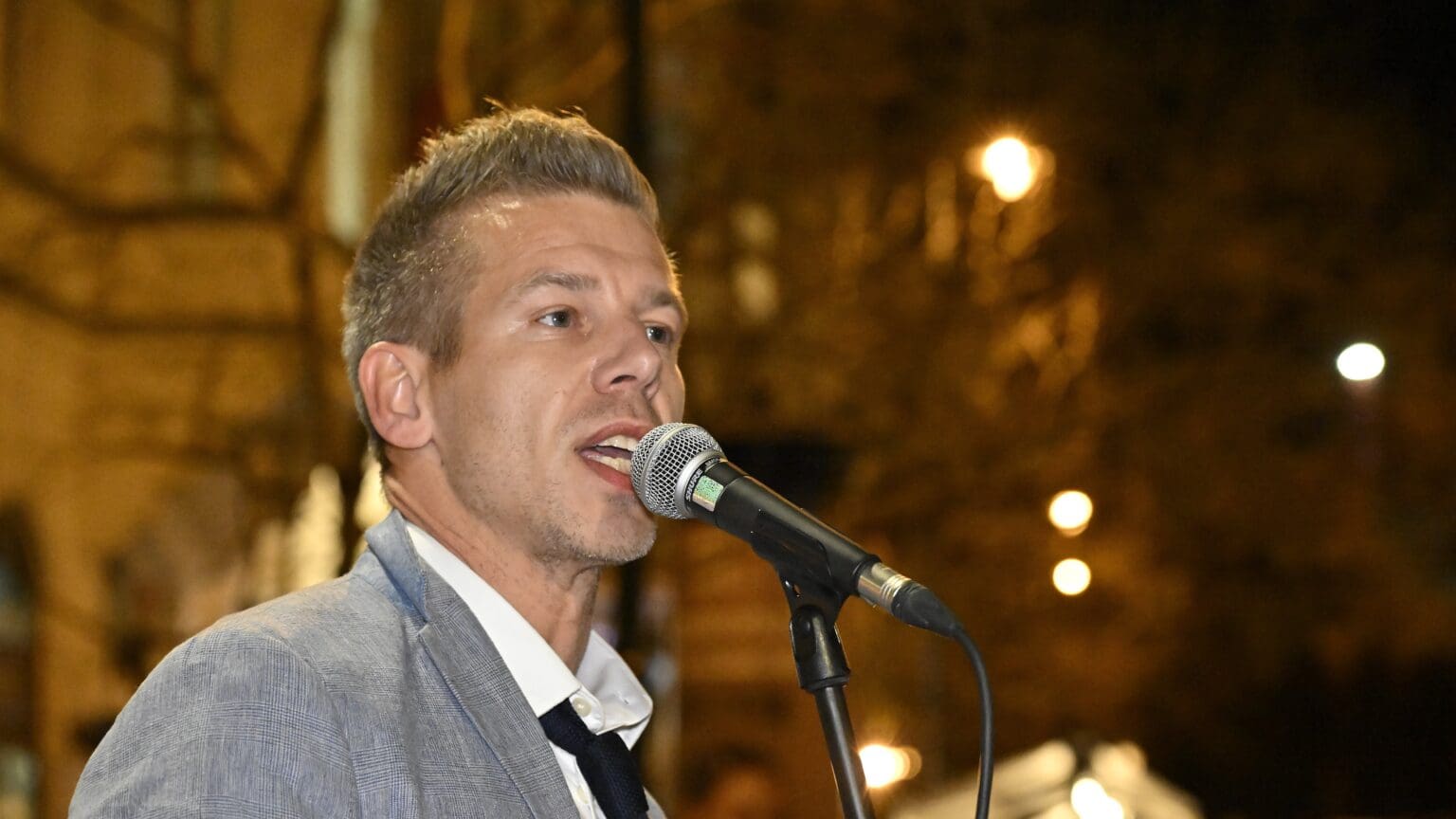
While 13 per cent of Hungarians would vote for Magyar’s party in the EP elections, which represents a significant shift in just a few weeks, the new party has failed to attract uncertain or inactive voters, nor has it gained significant support from Fidesz voters; its voters come largely from supporters of left-wing parties, causing losses for each of them.
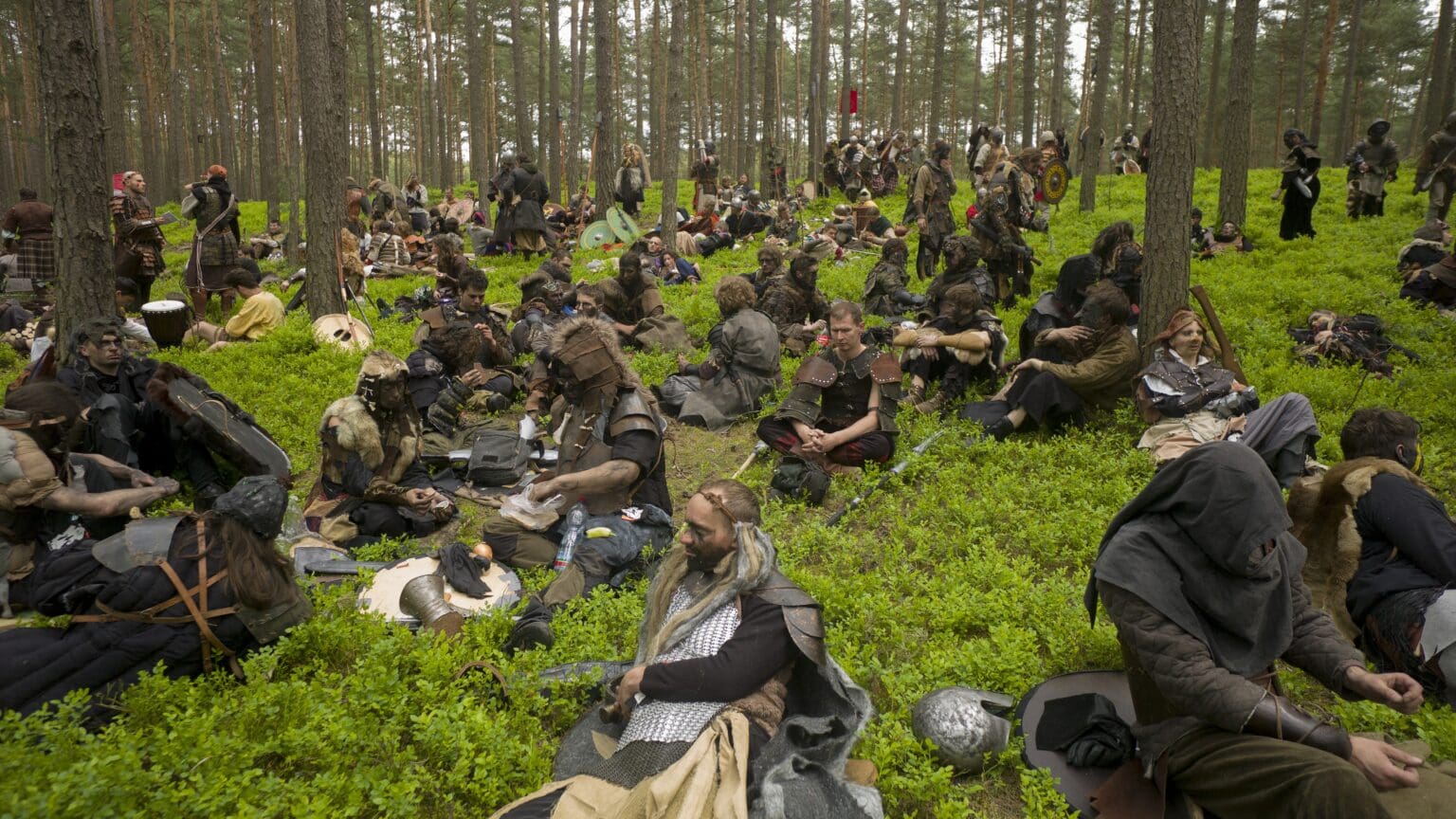
At the library located in the centre of the city visitors will have a chance to create souvenir cards with Elvish script, learn the secrets of Elvish braiding, participate in quizzes and group singing, and browse through the products offered at the Middle-earth market.
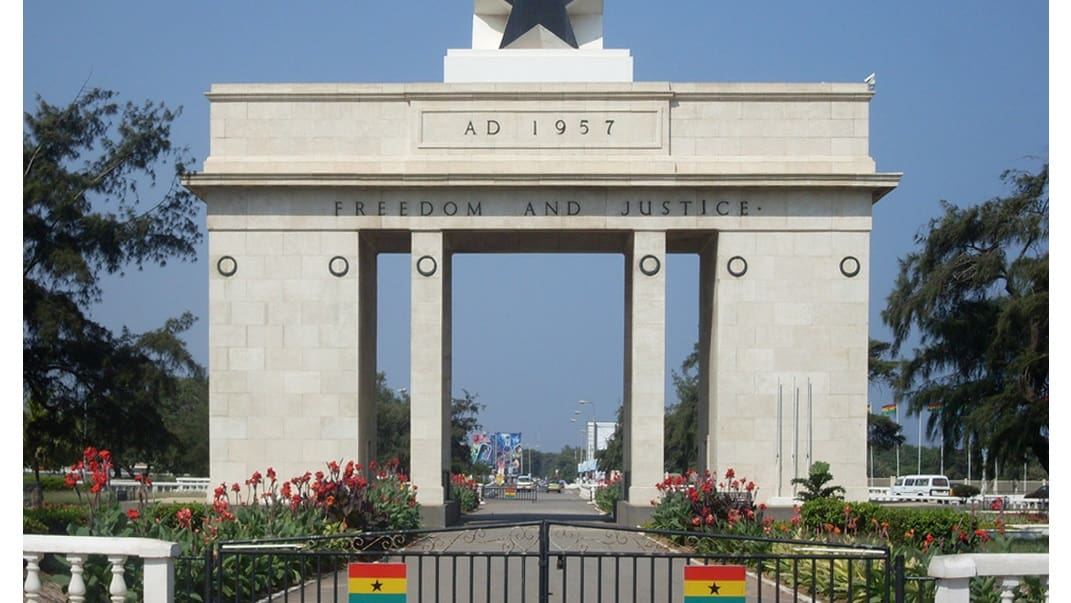
215 young scholars studying in Hungary as part of a bilateral agreement between Ghana and Hungary have gone without their stipends for six months now after the Ghanaian government has apparently failed to disburse the sums due to the 215 students.
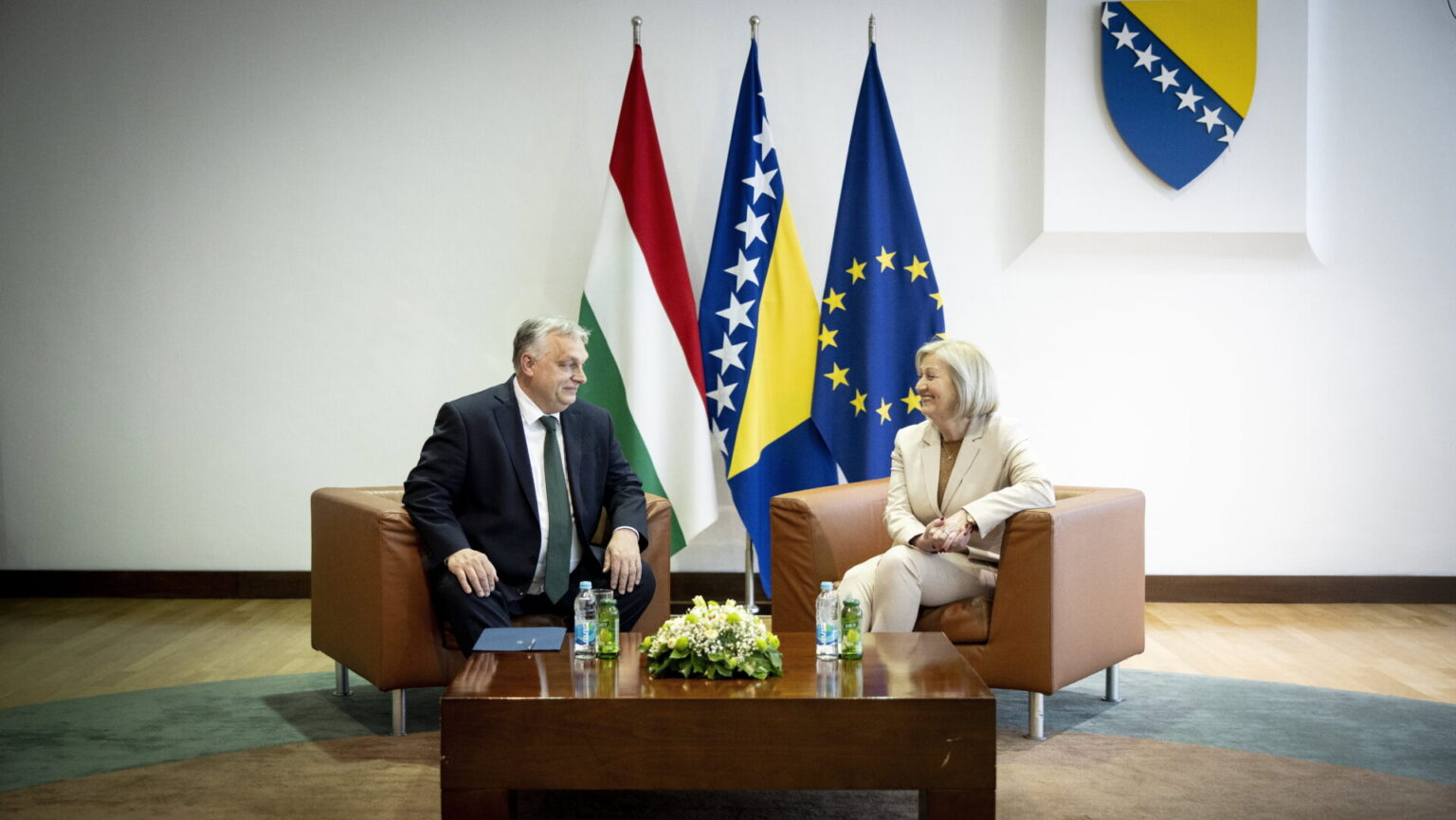
Borjana Krišto emphasized the good cooperation between the two friendly countries and welcomed the work of the Joint Economic Commission between Bosnia-Herzegovina and Hungary, noting that there is significant space and demand for increasing bilateral trade.
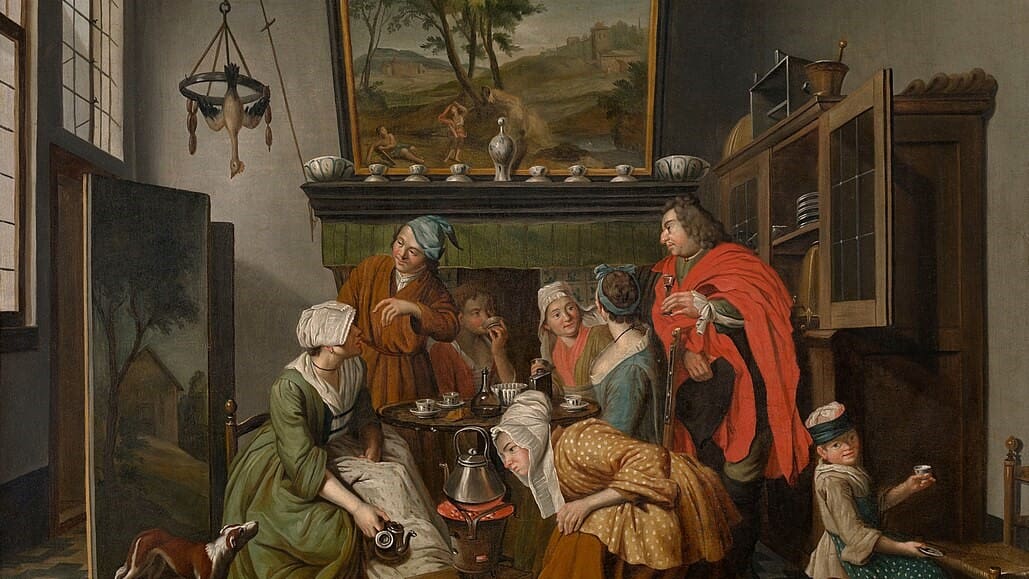
Spengler’s work has not lost any relevance over the century that has passed since it was released, but rather has become increasingly significant: it is now one of the inescapable foundations of the philosophy of history. Many of the predictions concerning the fate of humanity—especially the distinctions Spengler drew between culture and civilization—do not seem to contradict the major ideological, political, artistic, cultural, social, and economic trends of the present day.

The roster of speakers for CPAC Hungary 2024 has been expanded with some real American ‘heavyweights’. This year’s event holds particular significance as it occurs amidst the campaign for the crucial European Parliament elections in June.
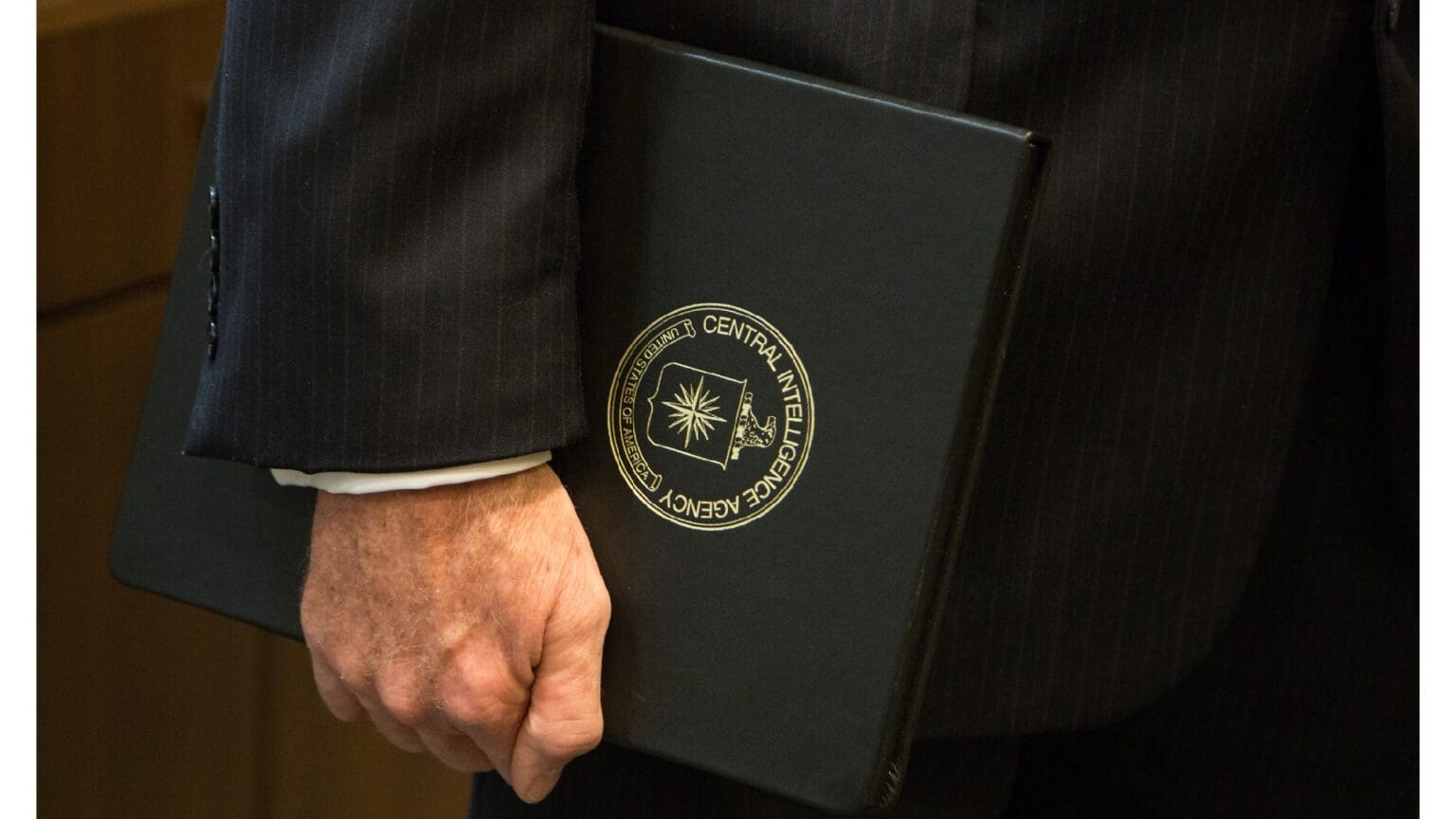
The Hungarian daily Magyar Nemzet talked to József Horváth, senior security policy fellow at the Center for Fundamental Rights, about former CIA agent and whistleblower John Stockwell’s revelations about the American intelligence agencies’ nefarious practices and collaborations with the mainstream media.

Over the past year and a half, the ministry has surveyed the expectations of professional, scientific, interest representation, and civil organizations involved in road traffic. They have collected proposals from the main stakeholders and identified the chief problem areas that form the basis of the review criteria.

Tamás Deutsch, the leading candidate of Fidesz–KDNP in the 2024 European Parliament elections, declared that the list of candidates of the Hungarian governing parties has been finalized. Alongside numerous familiar figures, the list also includes several newcomers who will champion Hungary’s sovereignty in the forthcoming term.
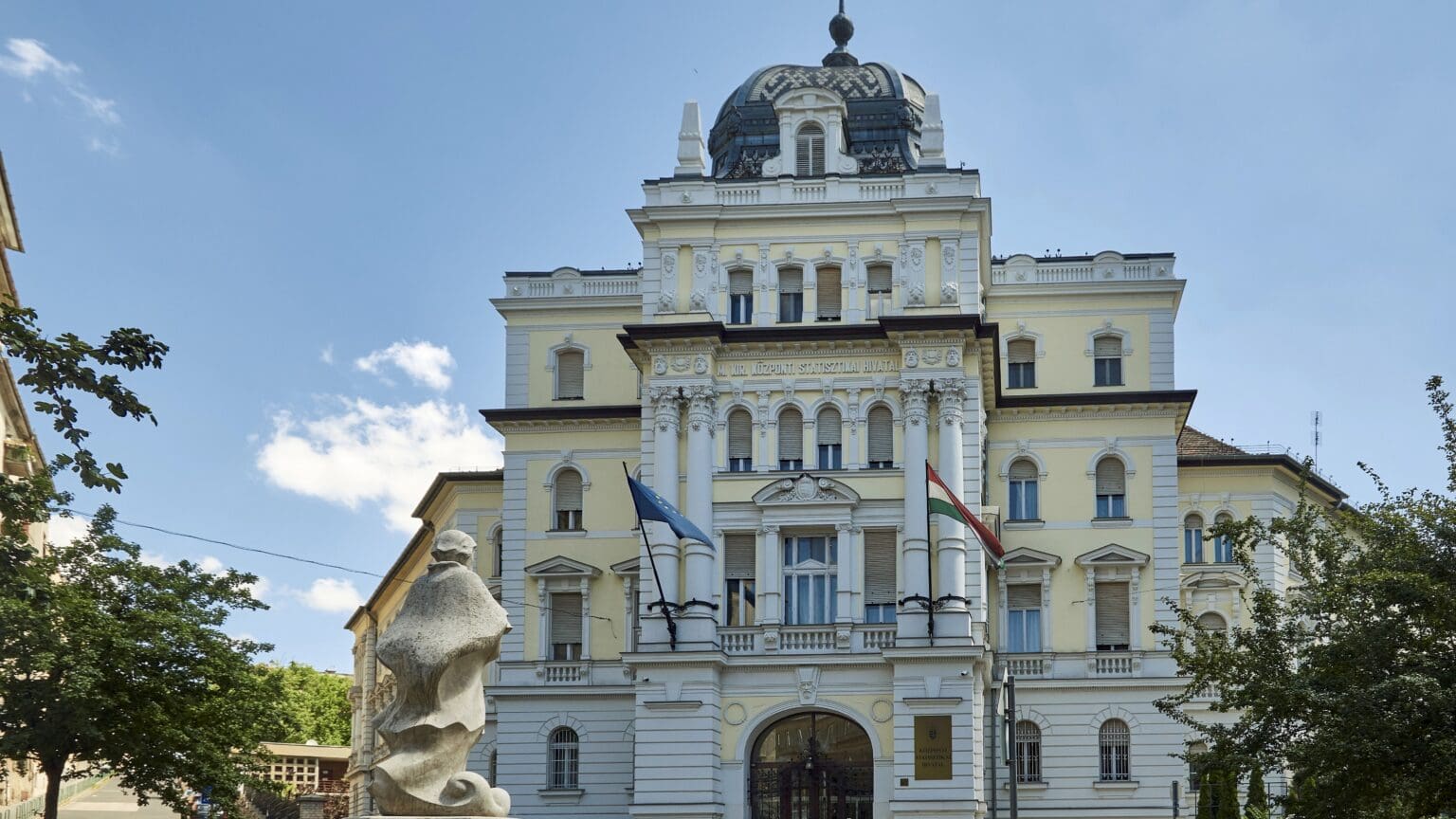
As of the end of 2023, Hungary’s national debt stood at 55.134 trillion HUF, 73.5 per cent of its GDP. Its debt-to-GDP ratio is considerably lower than that of the Eurozone countries, the collective debt of which amounts to 90.3 per cent of their combined GDP.

A Ministry of National Economy statement released on Wednesday confirmed that the repurchase of the Ferenc Liszt International Airport continues to progress as scheduled, as opposed to press rumours.

For the first time since the end of January, Hungarian Minister of Foreign Affairs and Trade Péter Szijjártó and Ukrainian Foreign Minister Dmytro Kuleba sat down for talks. Recently, significant steps have been taken to restore mutual trust between the two countries.

According to the applications for the CSOK Plus submitted in the first two months of the year, two-thirds of the couples requesting the loan are childless. This shows that couples have been encouraged to dare to start a family.

In the second part of our series looking at important facts concerning the Hungarian economy and society, our authors shed light on how the Orbán governments have managed to achieve a spectacular turnaround in terms of employment after 2010.